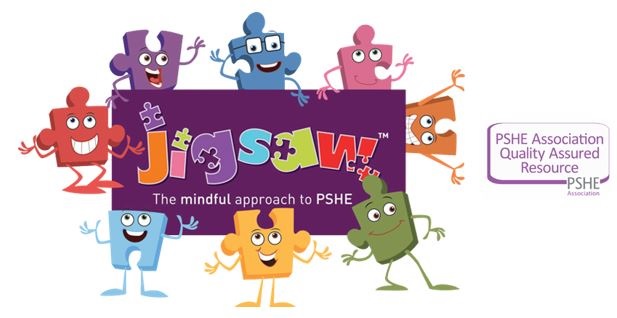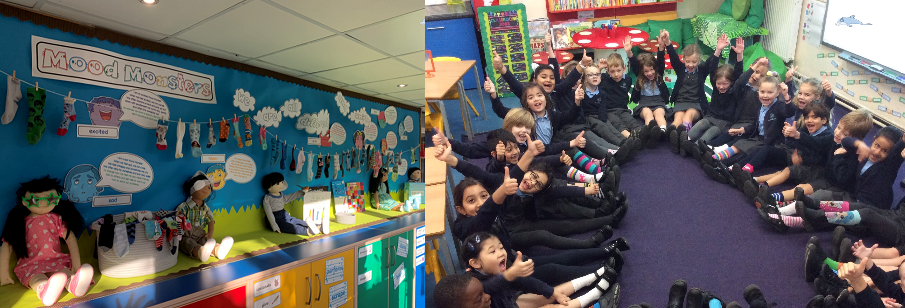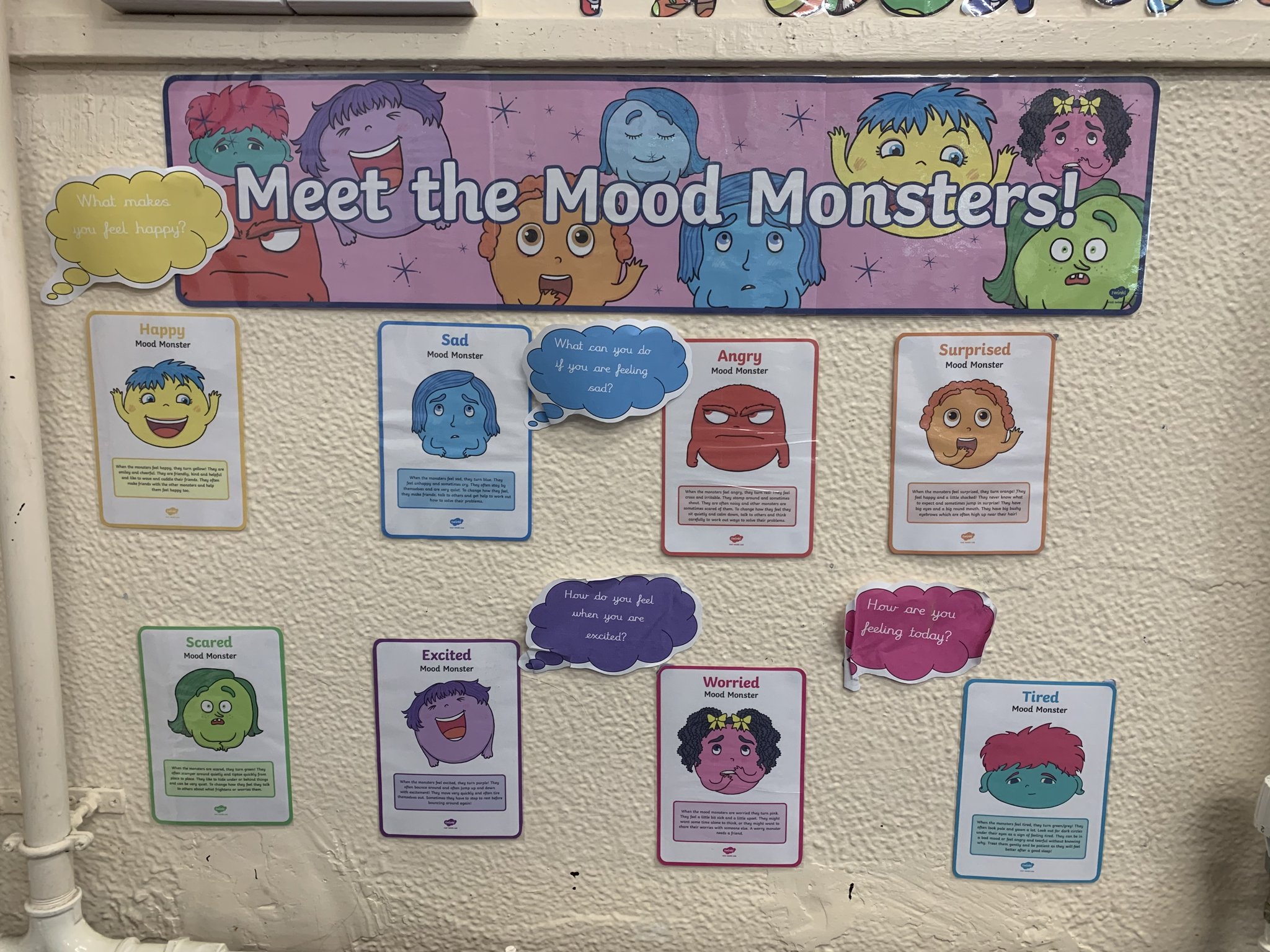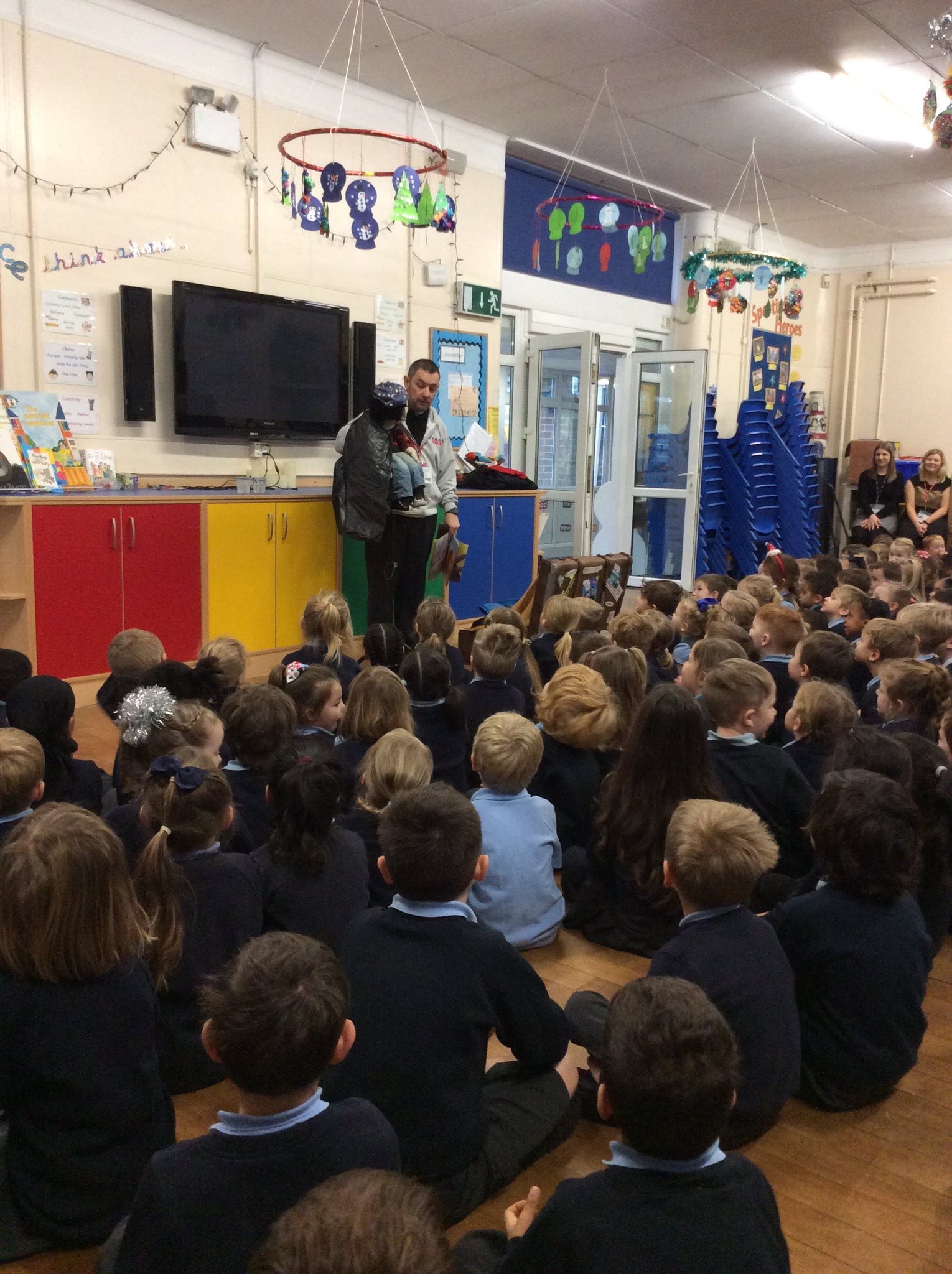PSHE
.png)
“Learning how to keep safe and how to keep our bodies and minds healthy."
Intent
We strive for our children to be healthy, independent and responsible members of society. When children join us, many of them have already experienced social interaction within different settings.
At the Infant school, through a positive and nurturing environment we aim to equip our children with the tools to understand and manage how they are developing personally and socially, whilst enabling them to successfully tackle many of the moral, social and cultural issues that are part of growing up. We feel it is important that children are able to recognise, understand and express their feelings so that they can develop a sense of self-worth and confidence and at the same time empathise with others. This also provides children with a good foundation of emotional literacy in preparation for their transition to our junior school.
We see positive mental health and wellbeing as fundamental to our values, mission and culture; we want our children to embrace change, feel positive about themselves and enjoy healthy, safe, responsible and fulfilled lives.
We want children to leave our school embracing and enacting our six core values; respect, kindness, cooperation, appreciation, honesty and resilience. We aim for children to understand and use the vocabulary associated with our values. We also want them to begin to form their own set of personal and social values, which will support them when becoming an active and effective citizen involved in their local and wider communities.
Implementation
We have six core values, which are personal to our school and underpin our school’s ethos. Values are explicitly taught through assemblies and within the classroom. They are encouraged and modelled by all members of our school community.
There is no National Curriculum for PSHE. As a federated school, we have chosen to implement aspects of the scheme Jigsaw so that children have discrete lessons, which provide them with opportunities to learn about feelings and ways to manage them. As a school we chose the scheme because it reflects our values and provides a clear progression, for example, bullying is explored on age-appropriate levels. When researched, it was a scheme highly recommended for achieving positive changes in social and emotional skills and reducing risks affecting children’s mental health. It incorporates a variety of engaging activities including, mindfulness, reflection, music, role-play, discussion and art. We do not rely on the scheme solely and endeavour to address matters with individuals or groups as they arise. PHSE is reinforced constantly throughout the school day.
We monitor children’s wellbeing through our pupil progress meetings and use our wellbeing team to signpost and put in place relevant interventions/ strategies.
The PSHE and RE leads work closely together as there are established links in the two subjects and by working in a cross- curricular way, children are enabled to embed key concepts in long-term memory.
Our school behaviour approach is restorative and provides children with time to reflect on the choices they have made. Our home and school agreement supports the community aspect of our school.
We celebrate and value difference, which is shown through our displays, assemblies, resources and flexibility of our lessons when meeting the needs of individuals.
Impact
Our PSHE curriculum is designed to ensure that children leave us equipped with the tools to understand and manage how they are developing personally and socially, whilst enabling them to successfully tackle many of the moral, social and cultural issues that are part of growing up.
Jigsaw Scheme of Work

Jigsaw is designed as a whole school approach, with all year groups working on the same theme (Puzzle) at the same time. Each Puzzle starts with an introductory year group or class assembly.
Jigsaw aims to help children know and value who they really are and how they relate to other people in this ever-changing world.
There are Puzzles (half-term units of work) each with Pieces (lessons). Every year group studies the same Puzzle at the same time (sequentially ordered from September to July), allowing for whole school themes. At the end of the puzzle the children would created a Puzzle product, for example, a display to be shared and celebrated. Each year group is taught one lesson per week and all lessons are delivered in an age- and stage- appropriate way so that they meet children’s needs.
The Puzzles and what children learn
Being Me In My World covers a wide range of topics, including a sense of belonging, welcoming others and being part of a school community, a wider community, and a global community; it also looks at children’s rights and responsibilities, working and socialising with others, and pupil voice.
Celebrating Difference focuses on similarities and differences and teaches about diversity, such as disability, racism, power, friendships, and conflict; children learn to accept everyone’s right to ‘difference’, and most year groups explore the concept of ‘normal’; bullying – what it is and what it isn’t, including cyber and homophobic bullying – is an important aspect of this Puzzle.
Dreams and Goals aims to help children think about their hopes and dreams, their goals for success, what personal strengths are, and how to overcome challenges, via team work skills and tasks. There is also a focus on enterprise and fundraising. Children learn about experiencing and managing feelings of pride, ambition, disappointment, success; and they get to share their aspirations, the dreams and goals of others in different cultures/countries, and their dreams for the world.
Healthy Me covers two main areas of health: Emotional health (relaxation, being safe, friendships, mental health skills, body image, relationships with food, managing stress) and Physical health (eating a balanced diet, physical activity, rest and relaxation, keeping clean, drugs and alcohol, being safe, first aid) in order for children to learn that health is a very broad topic.
Relationships has a wide focus, looking at diverse topics such as families, friendships, pets and animals, and love and loss. A vital part of this Puzzle is about safeguarding and keeping children safe; this links to cyber safety and social networking, as well as attraction and assertiveness; children learn how to deal with conflict, their own strengths and self-esteem. They have the chance to explore roles and responsibilities in families, and look at stereotypes. All Jigsaw lessons are delivered in an age- and stage-appropriate way so that they meet children’s needs.

Celebrating Difference: We celebrate and value our differences – We are all different and unique!
.jpg)
Jigsaw information for parents and carers
For further information on the scheme please click here to visit their website.
Ways we supplement Jigsaw and the PSHE curriculum

Meet the Mood Monsters. We supplement our scheme Jigsaw with other methods that allow our children to explore their emotions and feelings. The mood monsters provide the children with visuals and descriptions that support children in identifying their emotions. Staff ensure that they validate the children’s feelings and listen to the child express themselves.
All staff are currently taking part in ‘Trauma Informed/Attachment Aware Schools Training’ so that all adults in contact with the children are equipped to support their mental health wellbeing.
Please look at our wellbeing page for further information on how we support children’s mental health and wellbeing.
We also have our six core values that we want our children to embrace:
- Respect
- Kindness
- Co-operation
- Appreciation
- Honesty
- Resilience
Please look at our Values page for more information.
Assemblies
We have a weekly Values assembly and Congratulations assembly where we celebrate children’s achievements. We also have regular visitors who support our PSHE curriculum including Andi Markham from Kids UK. The children love listening to Andi and his puppets Jack and Grandad!

Take a look at Kids UK Website for more of Andi and his teams work.
.png)